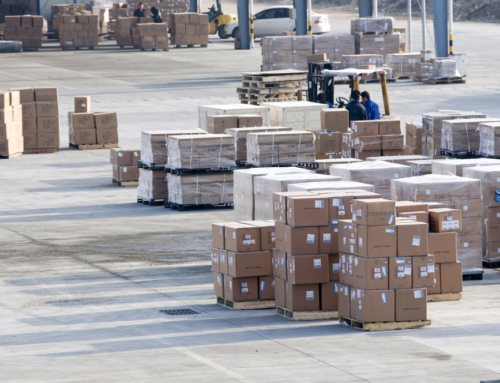Update June 4, 2023: Exporters are transferring cargo and rebooking shipments to other ports with vessels becoming overloaded due to these changes. The recovery process has begun on roads in the impacted region, though many remain blocked. Some cities remain under water and a number of factories stopped production because impacted workers have to stay at shelters.
Over the last week Brazil, more precisely the southern Rio Grande do Sul state, has seen record rainfall and flooding. Of the three ports in the state which all handle agricultural commodities like grains and fertilizers, Pelotas and Porto Alegre have been closed. Floodwaters are expected to reach the southernmost port of Rio Grande soon.
FLOODING IMPACT AT RIO GRANDE PORT
As of May 17th, vessel operations at Rio Grande have not been impacted and vessels are moving in/out of the port normally. Gate in and gate out operations are almost null however, due to the impact of the widespread flooding of roadways.
AGRICULTURAL COMMODITY MARKET AT RIO GRANDE PORT
The Rio Grande port handles large volumes of agricultural commodities. In the last year the port was the fifth largest soybean exporter, shipping 3.8 million tons. Another large portion of their agricultural volume is the fertilizer business. Rio Grande port handles one of the highest volumes of fertilizer imports in Brazil. Fertilizer companies have begun moving their product to warehouses further from rivers to protect from further flooding.
CANCELLATION AND NO-SHOW FEES TO BE EXEMPTED
Cargo owners with cargo at or arriving to the affected ports shouldn’t worry about incurring fees. No show charges and booking cancellation charges will be exempted until the situation returns to normal. Detention charges and additional days will be addressed on a case-by-case basis.
Stay up-to-date on freight news with Green’s Weekly Freight Market Update by following us on Facebook, Instagram, and LinkedIn. For continuous updates, make sure to check out our website at greenworldwide.com.






